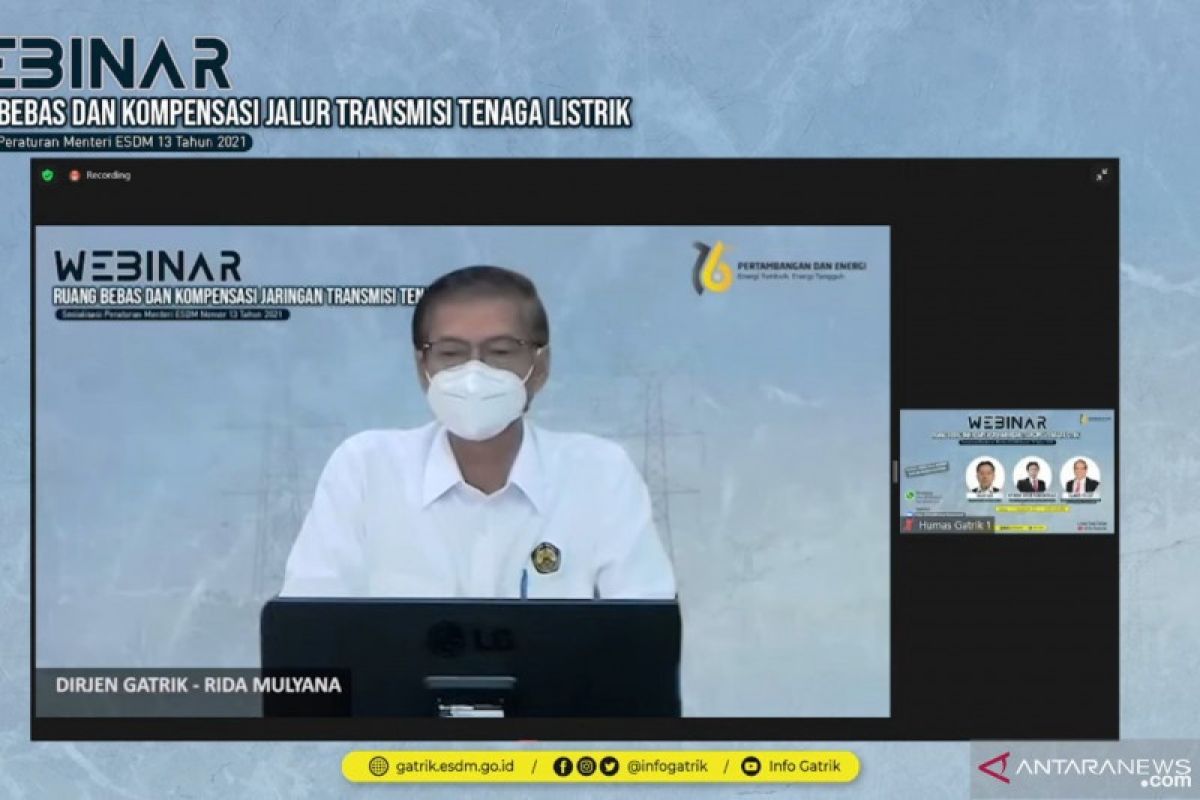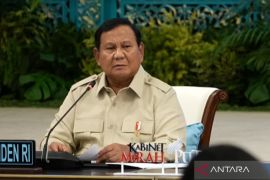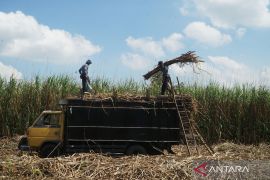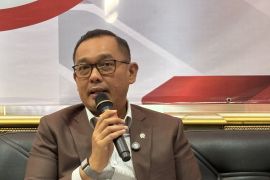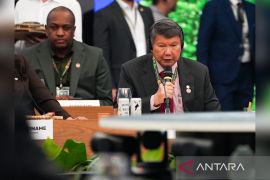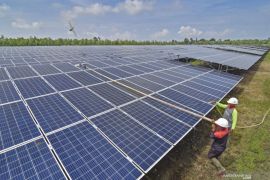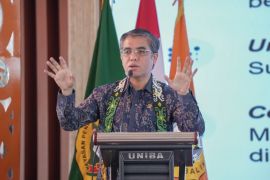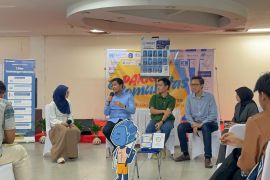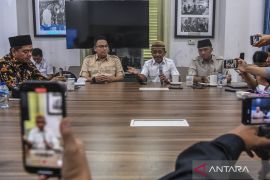The first strategy is attracting investment to the renewable energy sector, he informed in a statement received here on Friday. For this, the government is drafting a new regulation to simplify the creation of the business scheme process to make it more open, he said.
"Currently, we are finalizing the Presidential regulation regarding the development of renewable energy (EBT)," Mulyana said.
The new regulation is needed so that the development of renewable energy can be more attractive for investment, he explained.
The next effort is to develop smart grid technology and intensively promote solar power plants, Mulyana said.
The government is also stimulating renewable energy-based economic development (REBED) and renewable energy-based industrial development (REBID), he added.
REBED is a renewable energy utilization program to drive economic growth within remote regions, he elaborated.
Meanwhile, REBID entails the development of the renewable energy potential integrated with the development of the industry, he said.
"For a region with a large EBT potential, such as North Kalimantan, the development of EBT for the industry sector can be more competitive and attractive. The industry can receive more affordable electricity," he added.
Related news: Nuclear energy supplements nation's power supply: Research Agency
The government is also making efforts to convert diesel-based power plants into more eco-friendly power plants, Mulyana said.
The government is revising the grid code to improve the flexibility of the grid, he informed.
"All electricity suppliers, both PT PLN (Persero) and private power plants, should comply with the new grid code," he said.
Another effort that the government is carrying out is developing smart grid technology that is expected to be able to improve the reliability of electric supply and reduce shrinkage in the transmission and distribution network, Mulyana revealed.
PLN's 2021-2030 Electricity Supplying Effort Plan (RUPTL) is more eco-friendly since the portion of EBT within the plan has been increased compared to the previous 2019-2028 plan, where it was still at 30 percent, he said.
"To reach the EBT portion of 23 percent by 2025, the government is prioritizing the cheapest EBT power plants while also boosting the development of solar power plants since the price tends to become lower," he elaborated.
PLN is targeting to reach an electrification ratio of 100 percent by 2022, he noted. To reach this goal, the government is maintaining the balance in the system to ensure the reliability of electric supply, he added.
Related news: Renewable energy contributes 217 MW to Indonesia's electricity supply
Translator: Sugiharto P, Fadhli Ruhman
Editor: Rahmad Nasution
Copyright © ANTARA 2021
